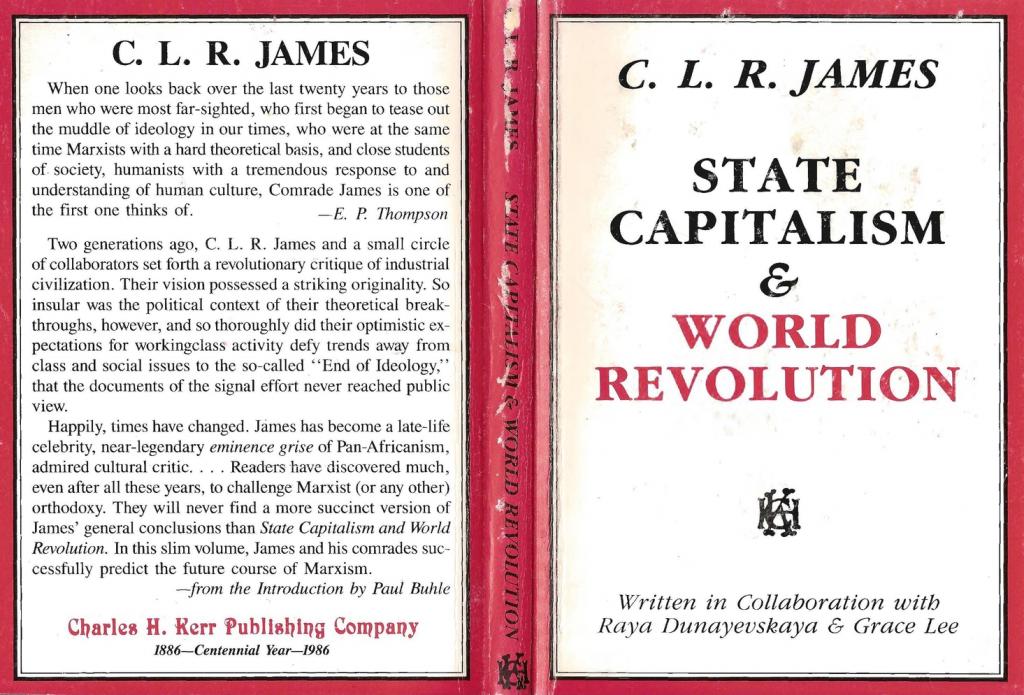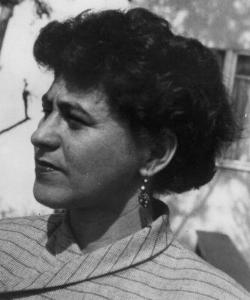Nikolai Vavilov in the years of Stalin's ‘Revolution from Above’ (1929–1932)
Abstract
This paper examines new evidence from Russian archives to argue that Soviet geneticist and plant breeder, Nikolai I. Vavilov's fate was sealed during the ‘Cultural Revolution’ (‘Revolution from Above’) (1929–1932). This was several years before Trofim D. Lysenko, the Soviet agronomist and widely portrayed archenemy and destroyer of Vavilov, became a major force in Soviet science. During the ‘Cultural Revolution’ the Soviet leadership wanted to subordinate science and research to the task of socialist reconstruction. Vavilov, who was head of the Institute of Plant Breeding (VIR) and the All-Union Academy of Agricultural Sciences (VASKhNIL), came under attack from the younger generation of researchers who were keen to transform biology into a proletarian science. The new evidence shows that it was during this period that Vavilov lost his independence to determine research strategies and manage personnel within his own institute. These changes meant that Lysenko, who had won Stalin's support, was able to gain influence and eventually exert authority over Vavilov. Based on the new evidence, Vavilov's arrest in 1940 after he criticized Lysenko's conception of Non-Mendelian genetics was just the final challenge to his authority. He had already experienced years of harassment that began before Lysenko gained a position of influence. Vavilov died in prison in 1943.

